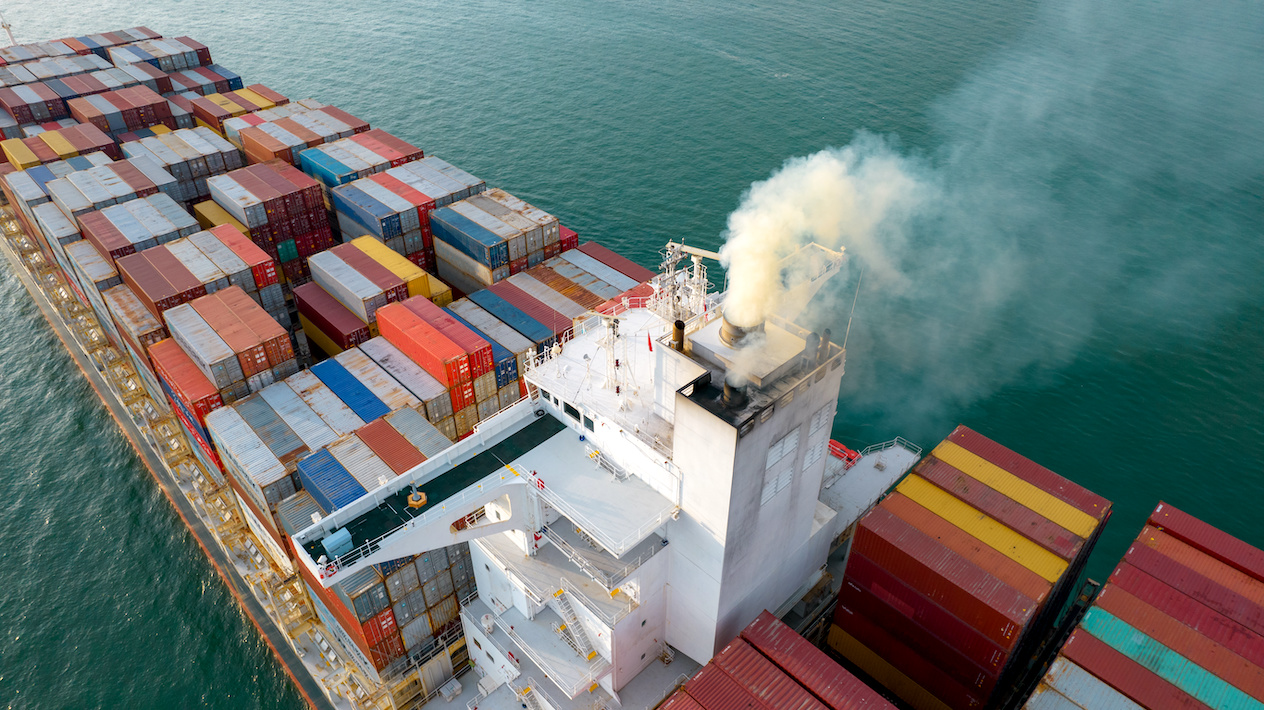Vancouver, B.C. — A joint research project between the University of British Columbia (UBC), the Clear Seas Centre for Responsible Marine Shipping (Clear Seas) and the National Research Council of Canada’s (NRC) Ocean, Coastal and River Engineering Research Centre aims to play a key role in reducing the environmental footprint of shipping, which accounts for nearly three per cent of global human-caused carbon emissions.
Funded by the National Research Council of Canada’s Ocean program and Mitac’s Accelerate Program, this multi-year project is led by Dr. Amanda Giang, Assistant Professor at UBC’s Institute for Resources, Environment, and Sustainability (IRES) and Department of Mechanical Engineering, and by Dr. Terre Satterfield, a Professor also from IRES.
“This research will see the development of a framework to assess and rank technological solutions to help reduce the overall environmental impact of marine shipping,” says Paul Blomerus, Executive Director, Clear Seas.
The study will highlight research and development efforts, support policy decisions, and recommend technologies that can be used to retrofit existing ships, and which can be incorporated into new ship designs, he says.
“This is an exciting opportunity to explore integrated planning that takes a more holistic perspective on environmental impact. With Clear Seas’ reach, we will be able to engage a wider range of marine stakeholders and rightsholders in this discussion,” says Giang.
When it comes to improving the environmental footprint of shipping, ship owners and marine architects are faced with a myriad of choices that they should consider. This includes options such as artificial intelligence and autonomous systems, alternative fuels, state-of-the-art materials for hulls, and what type of propulsion systems to use, ranging from next generation designs of propellers to assistance from wind-powered rotors. “We hope that the evaluation framework developed as part of this project can be a tool to support structured conversations around the trade-offs and opportunities that different technologies provide,” adds Giang.
Although marine shipping remains the most energy-efficient way to transport freight globally, as vessel traffic increases, there are increased concerns about its environmental impact, which extends beyond greenhouse gas emissions. Indeed, commercial ships must work to reduce and eliminate all forms of air pollution, discharges of waste into the water, releases of microplastics, underwater noise, and the transfer of invasive species, while preventing spills and accidents.
This collaborative research project between UBC, Clear Seas, and the NRC will allow for the development of an evaluation framework that aims to better account for a wider range of environmental effect of shipping and the extent different technologies may contribute to reducing all impacts including greenhouse gases (GHGs). Once completed, this framework will be publicly available and help identify and prioritize solutions that have the potential to reduce impacts across the full suite of environmental performance areas. More on the project here. Photo: GreenOak – stock.adobe.com





